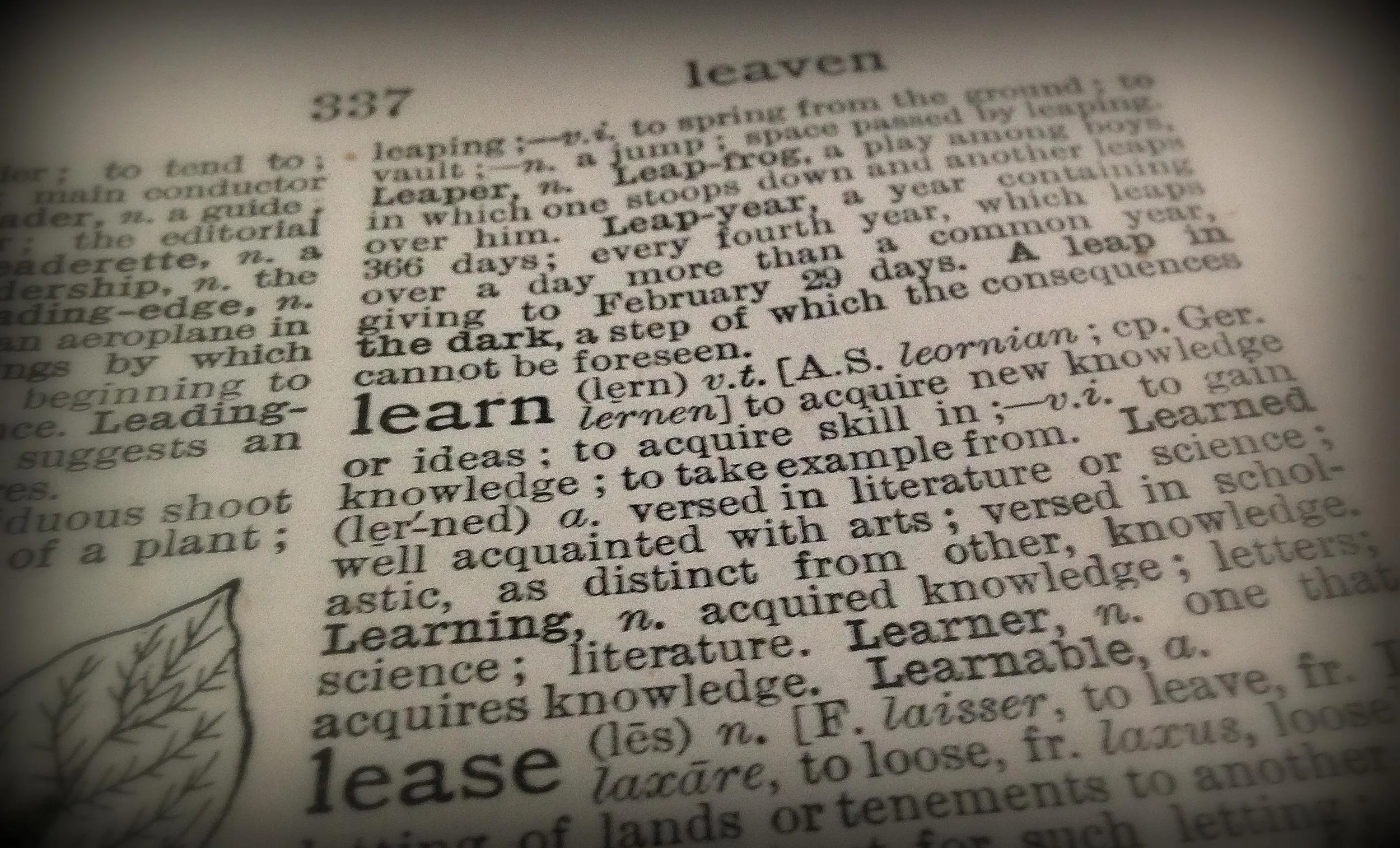Students are applying to too many colleges, driving down admission rates and elevating the prestige of selective universities, which leads more students to apply. To blame is the Common Application, the standardized form that has risen in popularity and is now accepted by more than 600 colleges, including all the Ivy League universities. The ease of using the form has led many students to decide almost on a whim to add one, two or even 10 more universities to their list.
Why Upperclassmen Lose Financial Aid (NY Times)
The predicament is all too familiar to students hunting for college bargains. Focused on cost, they attend the institution that showers them with the most money. But many learn a bitter economic lesson once they enroll: The debt can mount during the course of an undergraduate career, thanks to fine print, tough academic requirements on grants, and unanticipated tuition and fee increases. Few tools or resources forecast anything about the costs of sophomore, junior or senior year, and there’s little information available about how financial aid changes for upperclassmen.
Record-Breaking Numbers of Applicants? Don’t Gloat (Chronicle of Higher Ed)
Many colleges brag about rising numbers of applicants, even as they see a drop in students who enroll. Here’s what the numbers really mean.
Reinventing College Admissions as a Measure of Ethical Behavior (Chronicle of Higher Ed)
Richard Weissbourd, a child-and-family psychologist, has a lot of ideas about reforming the college-admissions process. His report, "Turning the Tide: Inspiring Concern for Others and the Common Good Through College Admissions," has been endorsed by more than 50 institutions.
Rejected by Colleges, SAT and ACT Try High Schools (NY Times)
The SAT and the ACT were supposed to shrink in significance as more colleges and universities have moved away from requiring standardized test scores for admission. Instead, the companies behind them have pushed into the nearly $700-million-a-year market for federally required tests in public schools, offering the SAT and the ACT even to students who do not plan to go to college.
A college-admissions edge for the wealthy: Early decision (WA Post)
Many of the nation’s top colleges draw more than 40 percent of their incoming freshmen through an early-application system that favors the wealthy, luring students to commit to enroll if they get in and shutting out those who want the chance to compare offers of grants and scholarships.
Private College Admissions Consultants: Does Your Child Need One? (HuffPost)
Does your high school student need a private admissions consultant? It depends on your situation. Can you afford one? It depends...
Our Push for ‘Passion,’ and Why It Harms Kids (NY Times)
At some point in the last 20 years the notion of passion, as applied to children and teenagers, has taken hold. By the time a child rounds the corner into high school, the conventional wisdom is that he needs to have a passion that is deep, easy to articulate, well documented and makes him stand out from the crowd. This is madness. Read more...
Rethinking College Admissions (NY Times)
A new report suggests that we’re on the cusp of important, necessary changes in the way colleges evaluate applicants.
College Admissions Shocker! (NY Times)
Cementing its standing as the most selective institution of higher education in the country, Stanford University announced this week that it had once again received a record-setting number of applications and that its acceptance rate — which had dropped to a previously uncharted low of 5 percent last year — plummeted all the way to its inevitable conclusion of 0 percent. With no one admitted to the class of 2020, Stanford is assured that no other school can match its desirability in the near future.
College Rankings Fail to Measure the Influence of the Institution (NY Times)
The new U.S. College Scorecard adds valuable information to the vast amount of post-secondary information available through rankings and other resources. But it suffers from many of the same flaws that afflict nearly every college ranking system: There is no way to know what, if any, impact a particular college has on its students’ earnings, or life for that matter. Read more: http://www.nytimes.com/2015/10/02/business/new-college-rankings-dont-show-how-alma-mater-affects-earnings.html
In Admissions, the Powerful Weigh In (Chronicle)
Most public-university presidents describe their admissions offices as walled gardens, where qualified professionals are free to build classes that reflect an institution’s values of diversity and academic excellence. But a Chronicle of Higher Education investigation reveals varying levels of engagement among admissions officers, board members, and presidents showing that university VIPs routinely inquire about individual applicants. Read more:
http://chronicle.com/article/In-Admissions-the-Powerful/234368
